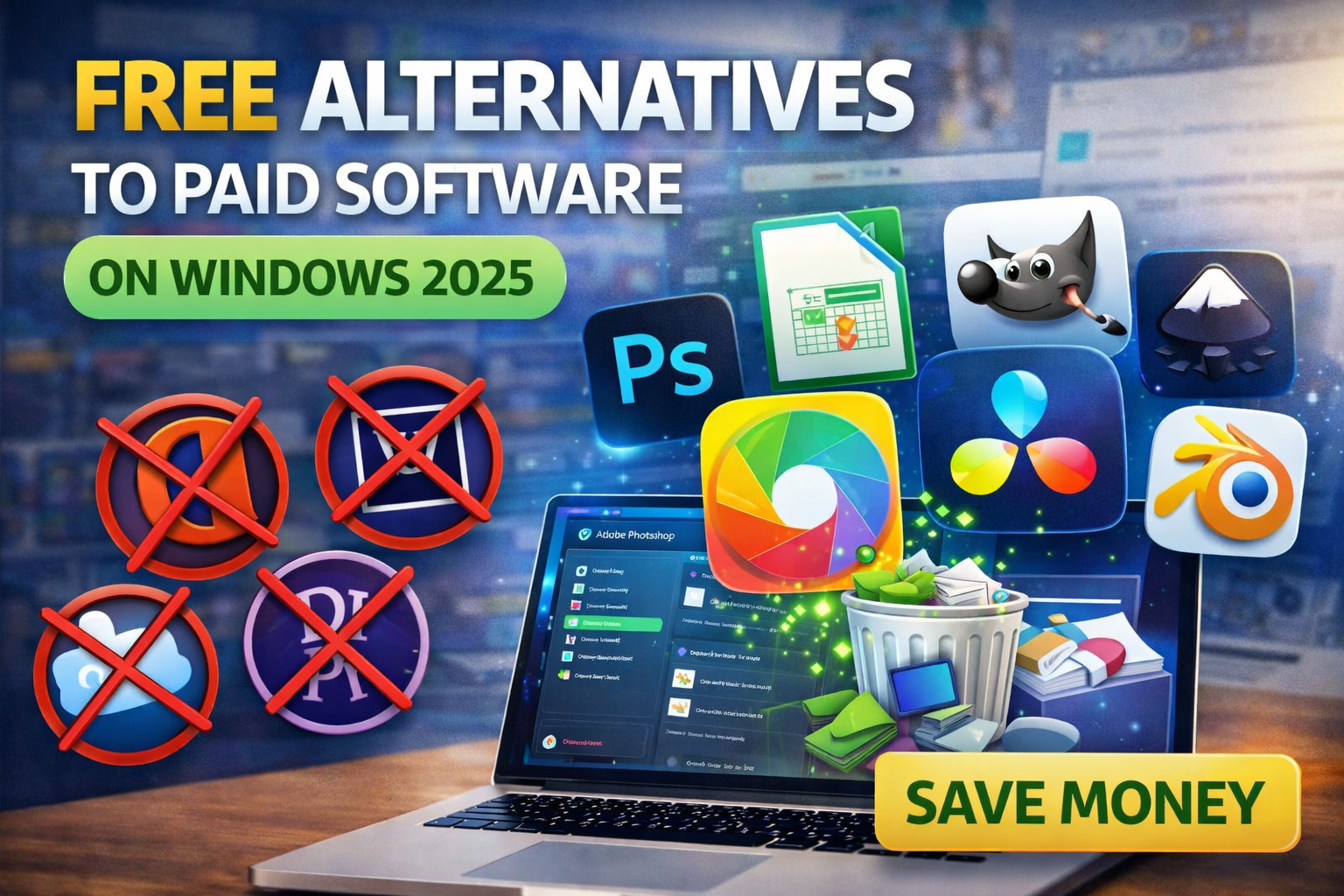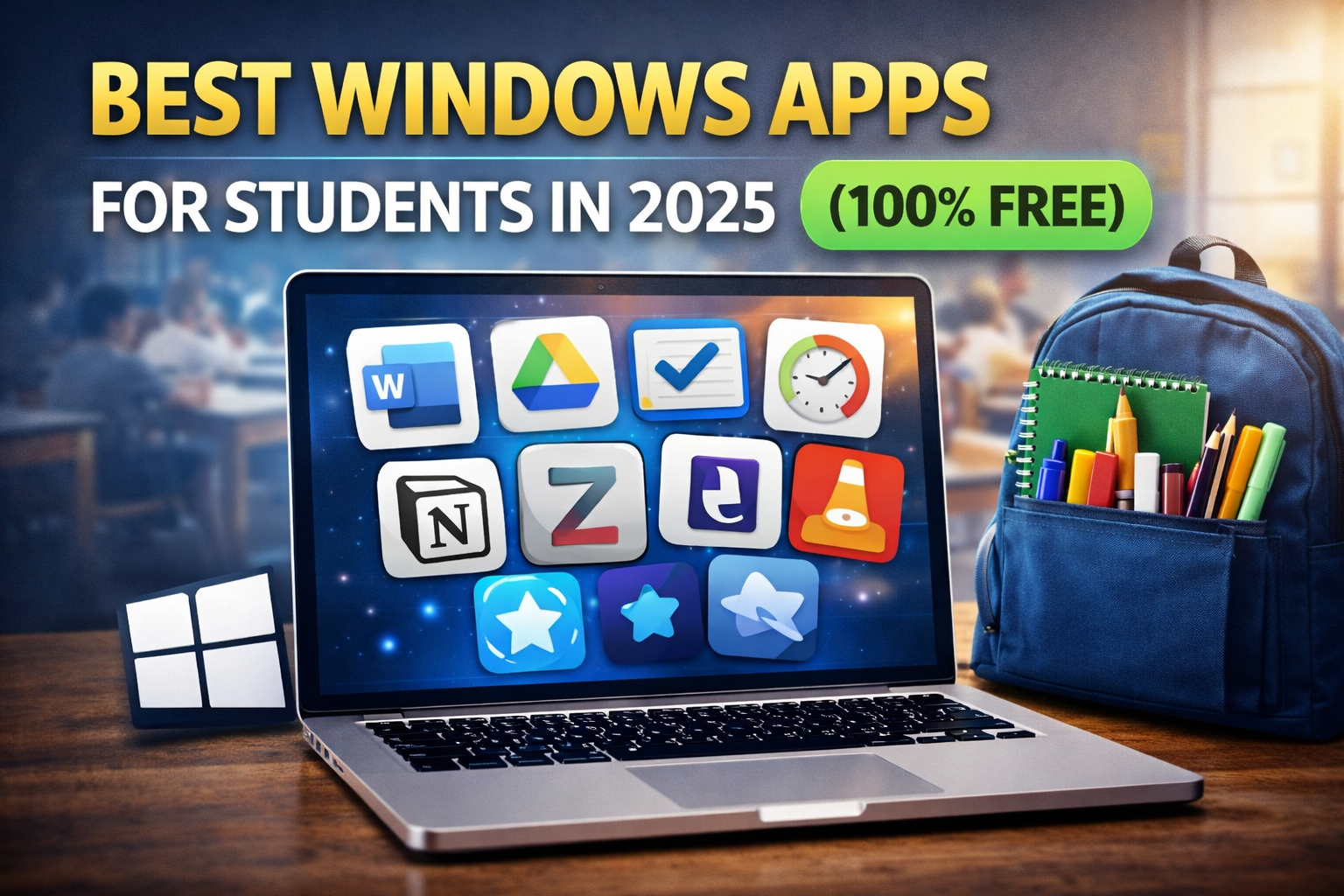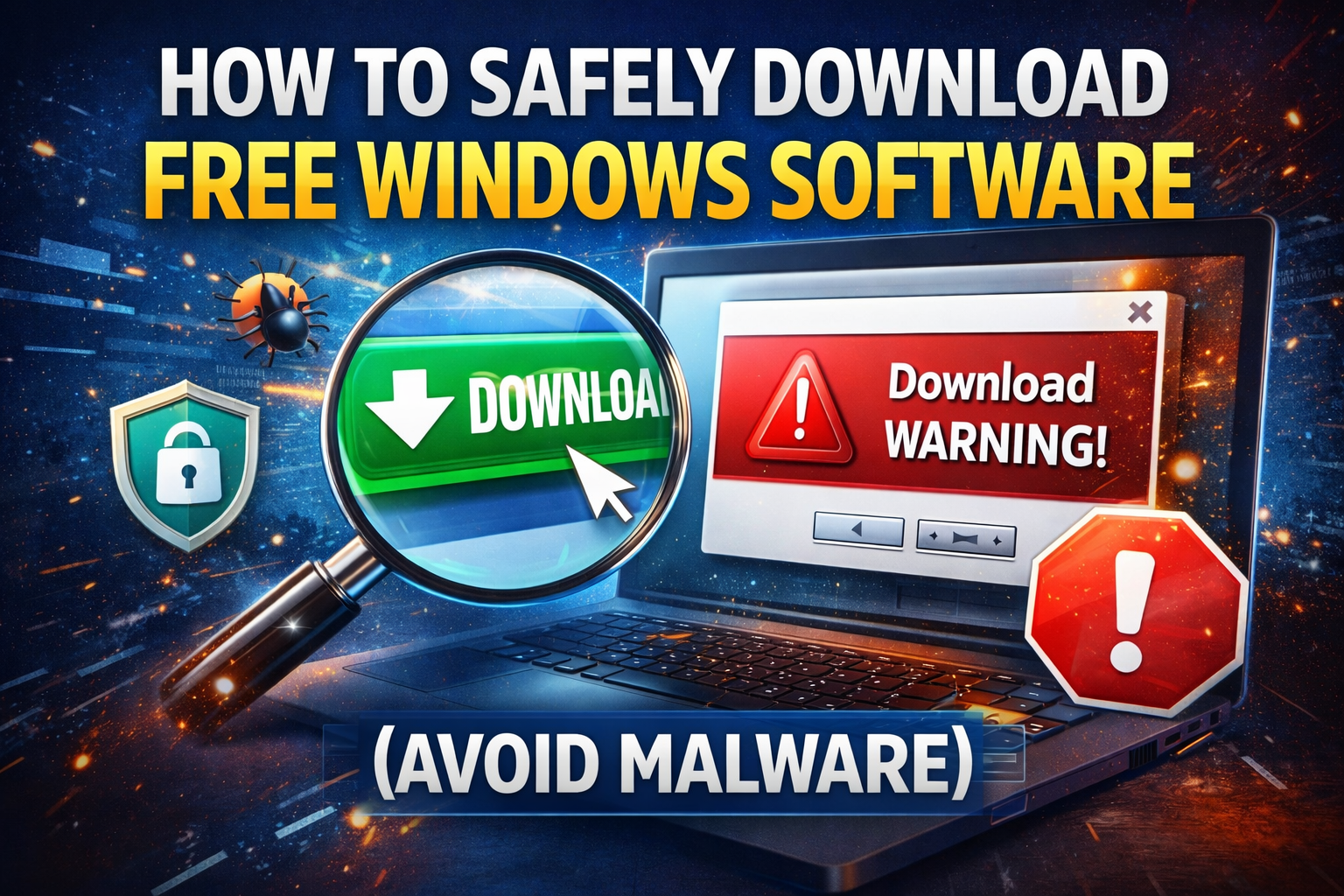

Additional Information
Dynamic Windows PC mathematics program for all levels of education!
| Latest Version | GeoGebra Portable 6.0.783.0 |
| Requirements |
Windows XP/Vista/Windows 7/Windows 8/Windows 10 |
| Updated | June 25, 2023 |
| Author | International GeoGebra Institute |
| Category | Office and Business Tools |
| License | Open Source |
| Language | English |
| Download | 130 |
Overview
GeoGebra Portable is dynamic mathematics software for all levels of education that brings together geometry, algebra, spreadsheets, graphing, statistics, and calculus in one easy-to-use package. GeoGebra for PC is a rapidly expanding community of millions of users located in just about every country. GeoGebra Portable version for Desktop has become the leading provider of dynamic mathematics software, supporting science, technology, engineering, and mathematics (STEM) education and innovations in teaching and learning worldwide. Putting the world’s leading dynamic mathematics software and materials in the hands of students and teachers everywhere!
Quick Facts:
Quick Facts:
- Geometry, Algebra, and Spreadsheet are connected and fully dynamic
- Easy-to-use interface, yet many powerful features
- Authoring tool to create interactive learning resources like web pages
- Available in many languages for millions of users around the world
- Open-source software freely available for non-commercial users
Features and Highlights
- Captions enabled for all objects
- New option "Force Reflex Angle" forces angles to be between 180 and 360 degrees
- Pressing toggles the focus between the Input Bar and the Graphics View
- Improvements to the way translation works
- Dynamic colors (Properties -> Advanced tab). Set a function with range [0,1] for each color component (red, green, blue)
- Option for the grid to be bold
- Thumbnails saved in GGB files.
- Worksheets resized if they were saved on a larger screen
- Isometric grid
- Comparing objects of different types doesn't return an error, can now compare Text and Image objects
- If the Points Export_1 and Export_2 exist, they will be used to define the export rectangle (Export_1 and Export_2 must be within the visible area)
- Checkbox now consistent across all platforms
- Options -> Checkbox Size -> Regular/Large
- Perpendicular check added to "Relation between two objects" Tool
- Messages from "Relation between two objects" Tool rewritten
- Angular Bisector Command and Tool renamed to Angle Bisector
- Line Bisector Command and Tool renamed to Perpendicular Bisector
- BMP import
- Unicode fonts used in LaTeX equations
- LaTeX equations exported at full resolution
- in SVG and PDF export, an option to export text as editable text or shapes. Stores the text either as text (lets you edit the text in eg InkScape) or as bezier curves (ie guaranteed to look the same even if the correct font is not installed).
- support for inline equations and linefeeds in LaTeX eg "if x=9 find $ sqrt{ x } $"
- Angle entered in the rotate dialog box is remembered (if it is in degrees)
- Show All Objects in the Graphics View menu
- Option for up to 15 decimal places
- x^0, x^1, x^7, x^8, x^9 now displayed nicely
- PGF/TikZ export
- added degree symbol to axes units
- new command-line parameter: --antiAliasing=off
- defines e to be the Euler number when used in expressions (unless it has already been defined as something else)
- templates for 2x2 and 3x3 matrix in LaTeX drop-down menu
- Option to display numbers as Significant Figures (3,5,10,15)
- New options Edit -> Select Descendents/Select Ancestors
- Double-click on an object in the Graphics View opens the redefine dialog, which now has a button to open the Properties dialog as well as 'OK' and 'Apply' buttons
- "Input Field" renamed to "Input Bar"
- "Algebra window" renamed to "Algebra View"
- "Graphics window" renamed to "Graphics View"
- Algorithm to decide which point to select added (rather than popping up a menu)
- Points in the form (a, b), (a + c, b + d) and (a + x(A), b + x(B)) are draggable (the variables a & b are updated accordingly)
- Ctrl + to zoom in, Ctrl - to zoom out
- New menu option "Recompute all Objects (F9)" which updates all the random numbers
- Setpoint style for lists of points
- Set line style for lists of lines
- Set a filling style for lists of eg circles, polygons
- Set text style for lists of texts
- Animation of sliders
- f'(x) is automatically named f'(x) [ ie you can type just f'(x) rather than f'(x) = f'(x) ]
- Shift-right drag will now allow a zoom that allows the aspect ratio to change
- you can now set the line thickness of polygons created with eg Sequence[Polygon[(i,i),(i+1,i),(i+1,i+1)],i,1,3]
- polygons can now have line thickness 0 (ie no edges)
- In Captions, %v is replaced by the value and %n by the name, eg "The value of %n is %v"
- Captions can now be surrounded by ... or ... to get bold or italic
- Alt-click or F3: copy definition of a selected object to the Input Bar
- F4: copy value of the selected object to the Input Bar
- F5: copy name of the selected object to the Input Bar
- Alt-scroll wheel: accelerated zoom
- Alt-dragging a selection rectangle puts a list of the objects selected in the Input Bar
- Hold down Alt when drawing a Line, Segment, Ray or Vector forces the angle to be a multiple of 15 degrees
- File -> Open shows a preview image when available
- Properties -> Color shows the color as an RGB triple in the preview pane eg (0,0,255)
- Area[Arc], Perimeter[Arc] work (treating the arc as a segment)
- sin(π x) now prints the π nicely
- Objects are now redefined from the input bar eg A = Point[f] then A = (1,2) will now make A a free object
- Shift-double-click on a point online/circle/function/etc in the Algebra View will allow you to set the coordinates without redefining it
- Record to Spreadsheet Tool: you can now alt-click on a Point, Vector, or Number to have its value(s) copied into columns A and B
- \n replaced by newline in texts eg Text["GeoGebra\nRocks",(3,4)]
- can't have functions called sin, cos, etc
- New point styles (plus, diamond, triangles)
- Size of the drawing pad in pixels can be obtained with pixelsWidth = x(Corner[5]) and pixelsHeight = y(Corner[5])
- Export to Google Gadget and MediaWiki
Note: Requires Java Runtime Environment.










No comments yet. Be the first to comment!